Senegal
In Senegal; it is the first time since the West African nation's independence in 1960 that the ruling party's group loses its absolute majority in Parliament. It will have to rely on other forces in parliament to pass legislation.
The opposition had hoped the elections would impose a cohabitation, or divided government, on Sall and curb any ambitions he may have for a third term.
And it seems to have succeeded. The main opposition coalition Yewwi Askane Wi won 56 seats, while its ally Wallu Senegal won 24 seats.
Some seven million Senegalese were eligible to vote in the election in order to choose between 8 coalitions. The interior ministry said the participation rate was 47 percent.
The ruling coalition - which includes Sall's party Alliance for the Republic (APR) and other parties- lost 43 seats from the 125 it secured in 2017. According to local media; the opposition gained ground, particularly in urban area.
Three other seats were won by three small coalitions who could serve as kingmakers.
For the final results to be declared by the Constitutionnal Council; the competing coalitions will be given time to voice any concerns.
On Wednesday; the main opposition coalition asked the National Commission for the Census of Votes to suspend the publication of the results to examine complaints over alleged "irregularities" and "fraud" during the one-round election.




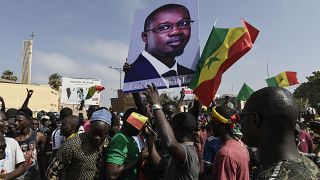
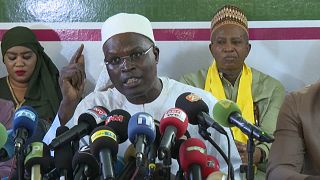
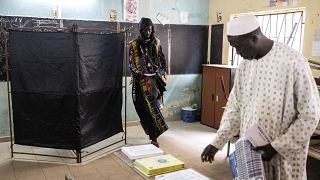
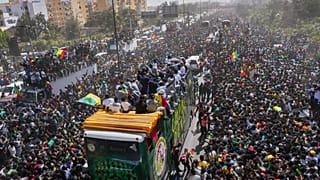
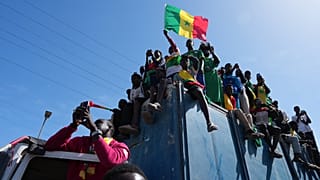
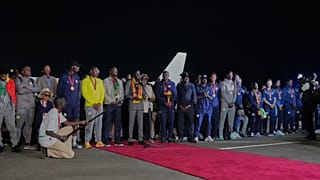


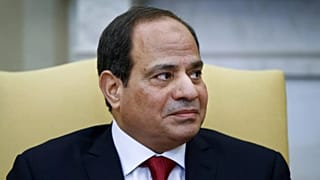
01:07
Post-election violence in Uganda leaves 30 dead
00:47
US YouTube star IShowSpeed celebrates 21st birthday in Lagos
01:00
Ugandan opposition leader Kizza Besigye in critical health while jailed
05:00
Senegal stun Morocco in AFCON 2025 final to retain continental crown [Football Now]
00:24
'Opposition was lucky,' Ugandan President Museveni says after securing seventh term
01:01
Senegal through to AFCON final after 1-0 win against Egypt